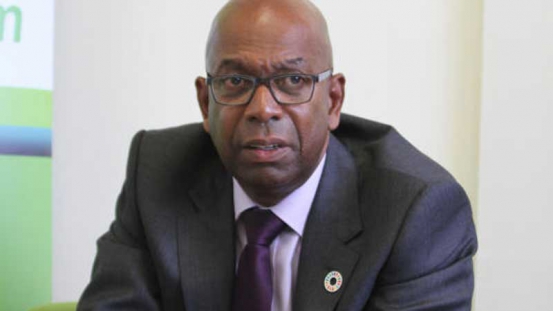×
The Standard e-Paper
Fearless, Trusted News

In the three months to December 2016, the value of M-Pesa’s transactions stood at Sh892.8 billion, about 77.5 per cent of the total amount transacted by all providers
In 2015, Nigeria’s telecoms regulator made a decision that sent the continent into a spin. The Nigerian Communication Commission (NCC) slapped MTN Nigeria with a record $5.1 billion (about Sh526 billion at the current exchange rates) fine for failing to meet a 12-month deadline to de-activate unregistered SIM cards.